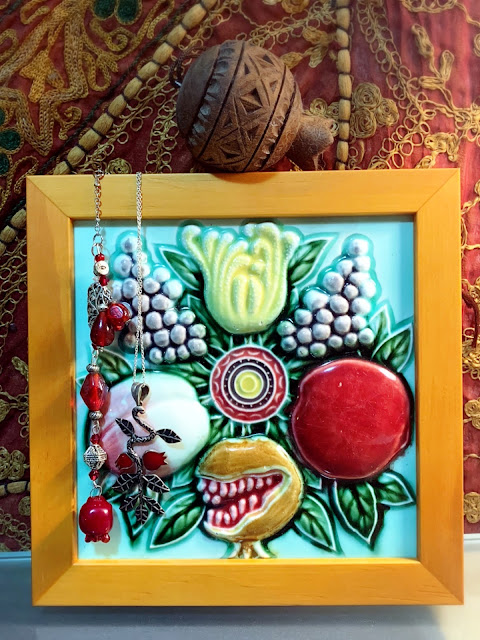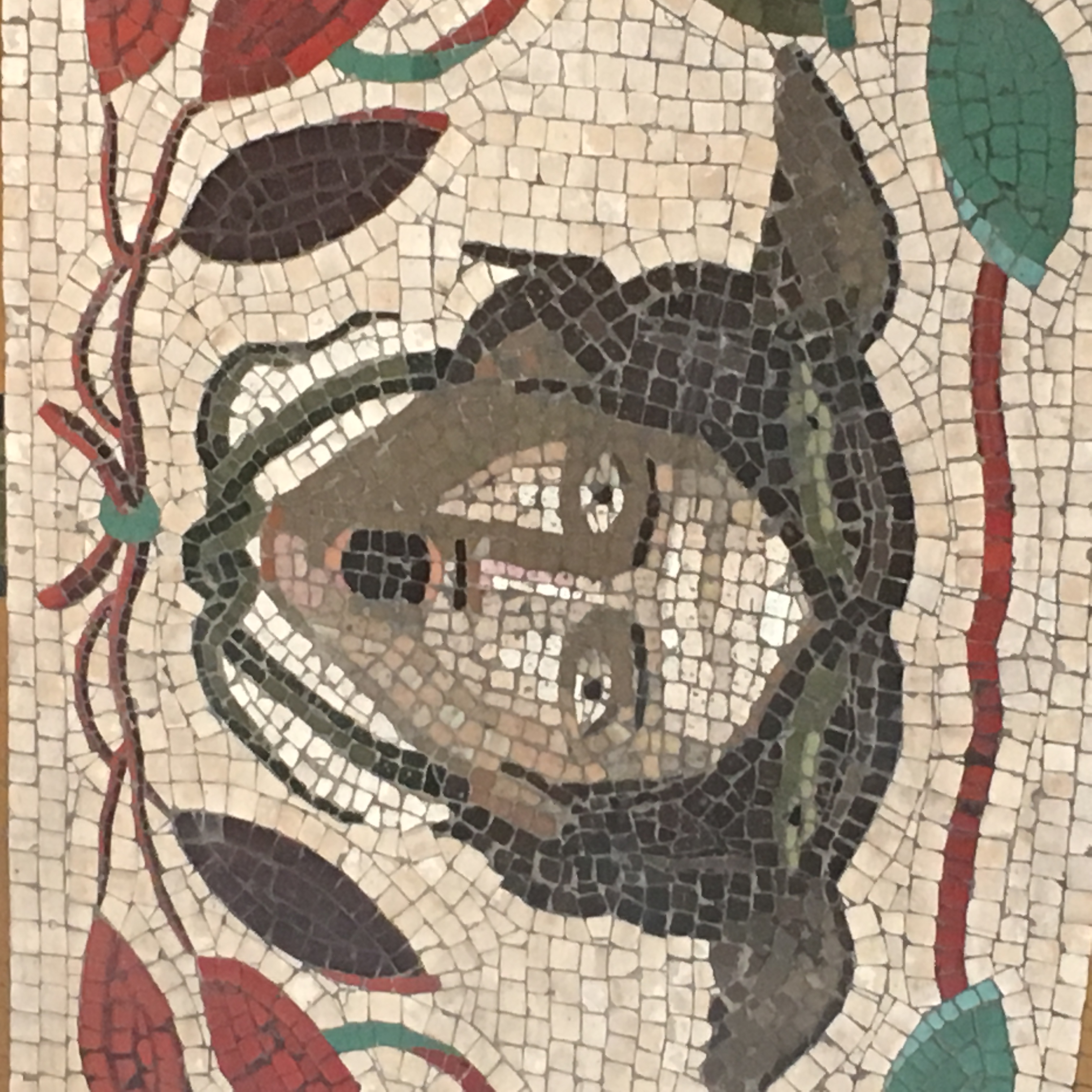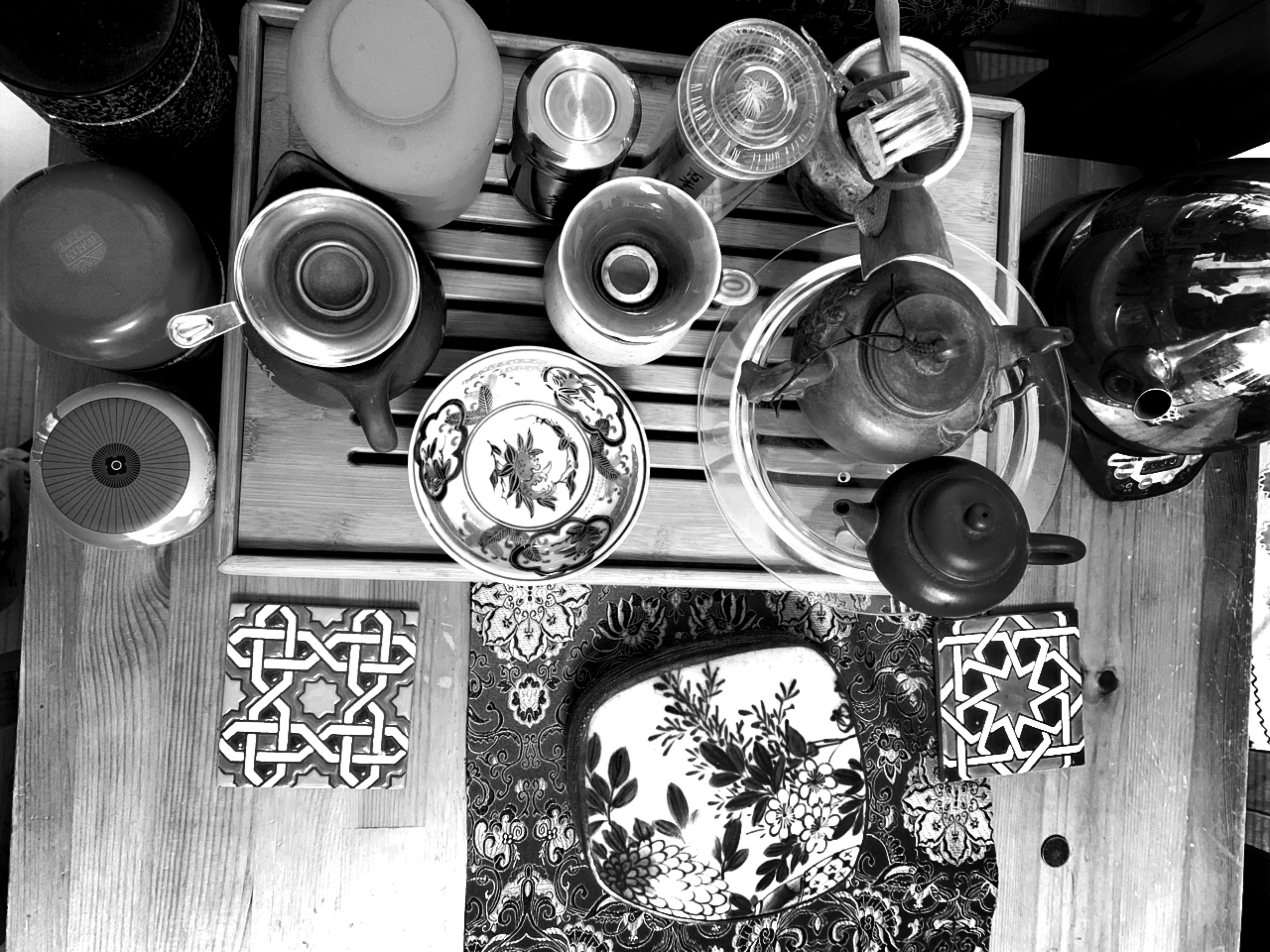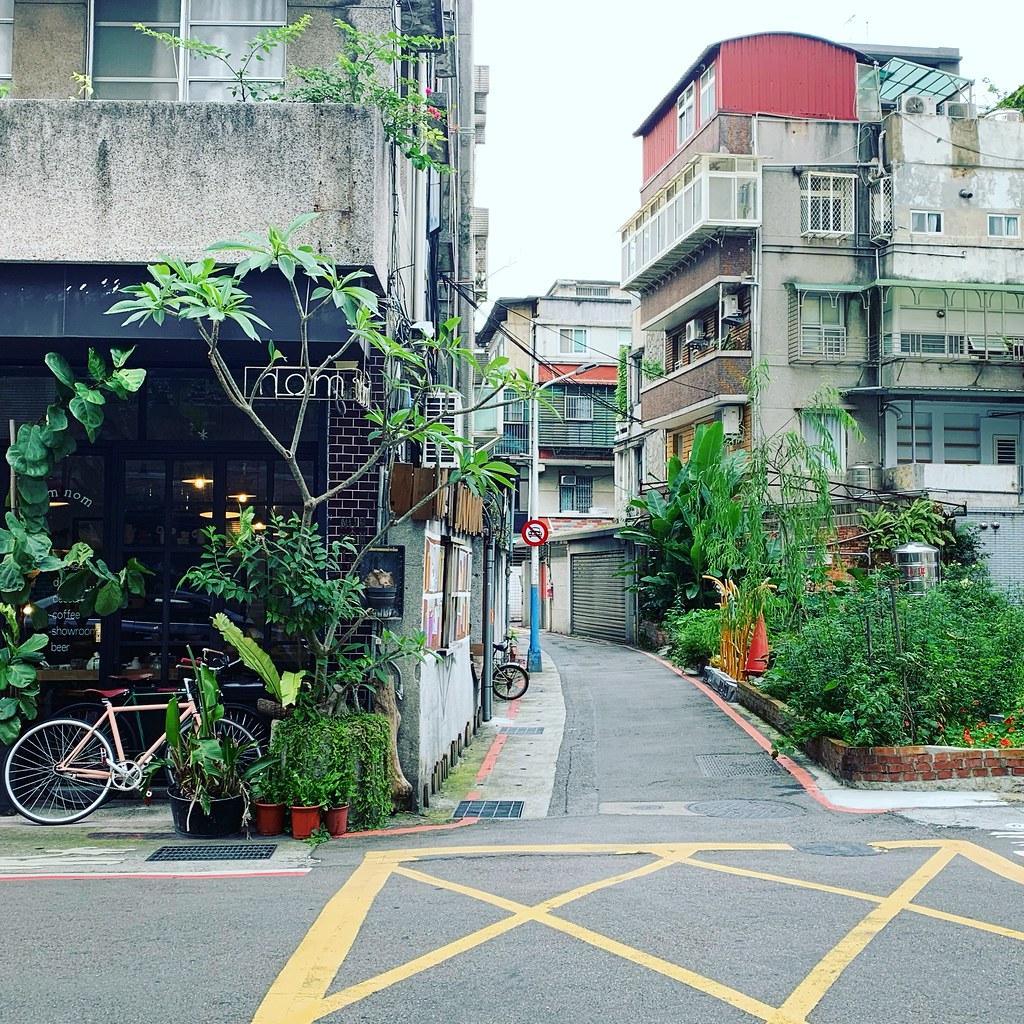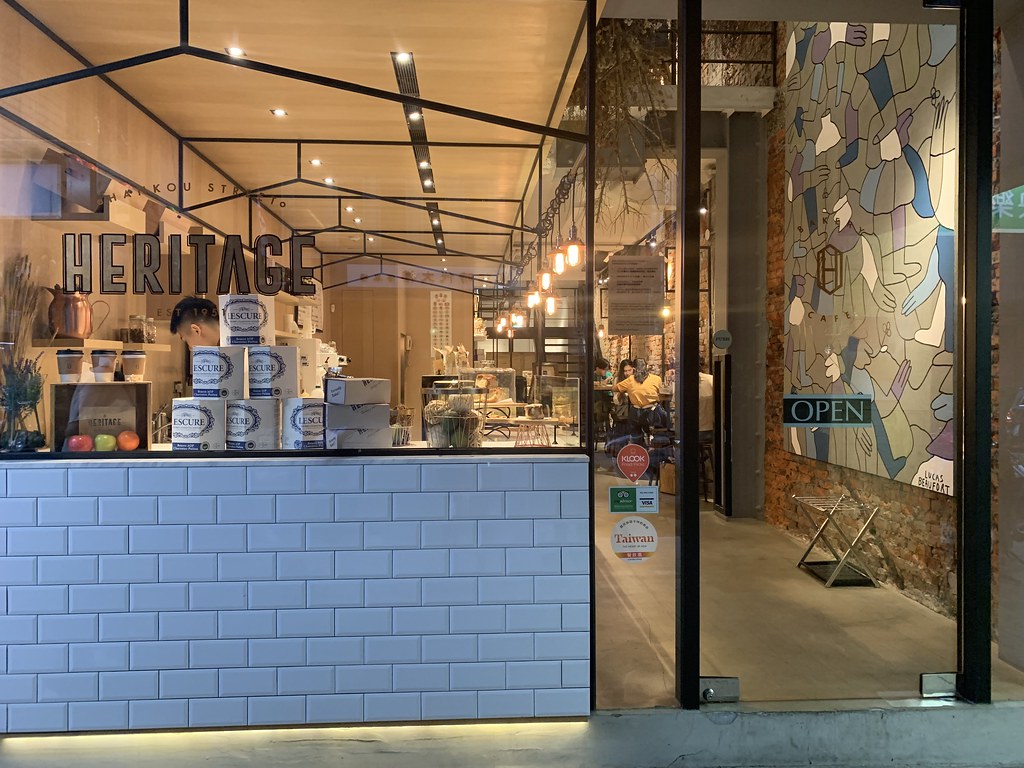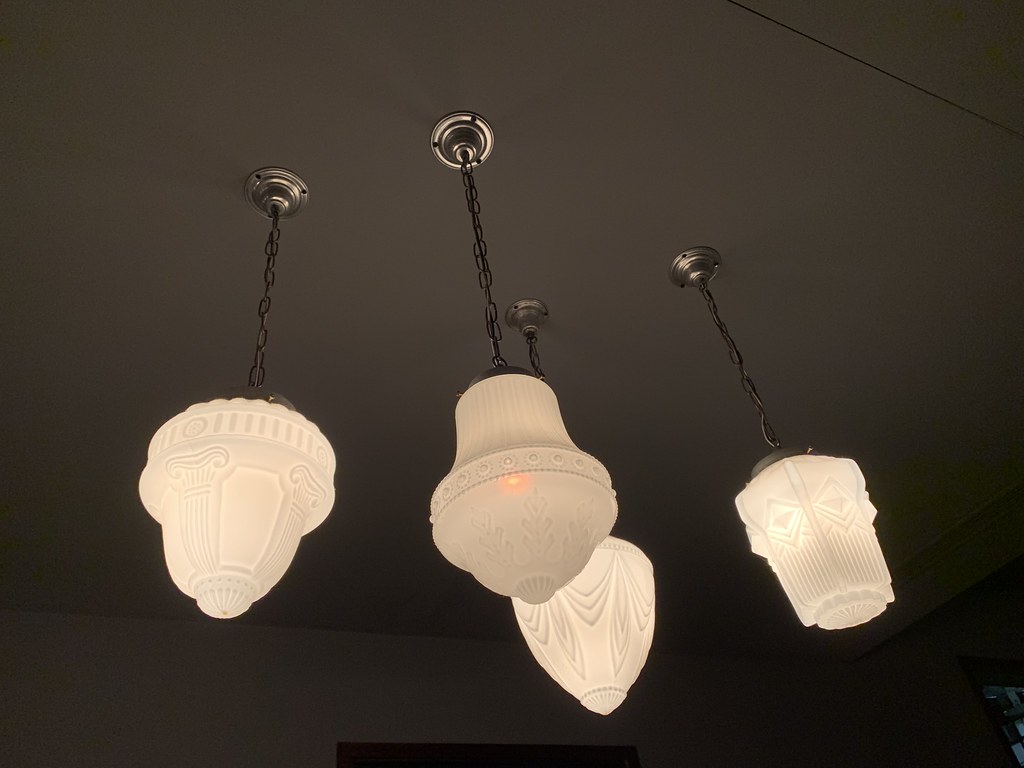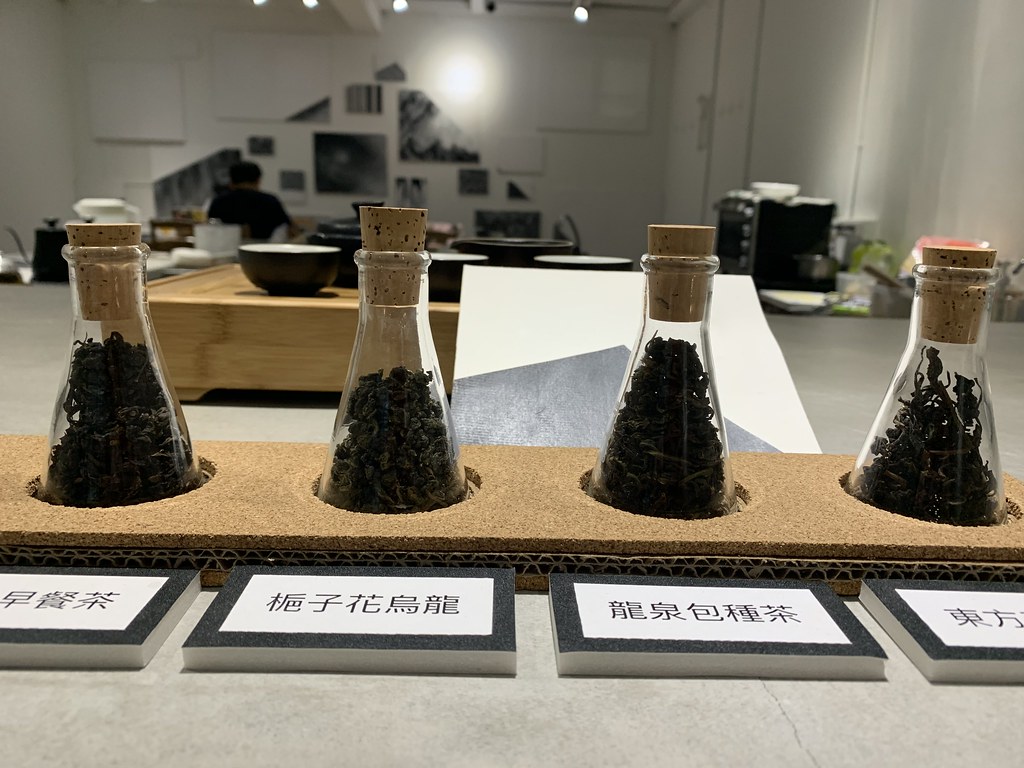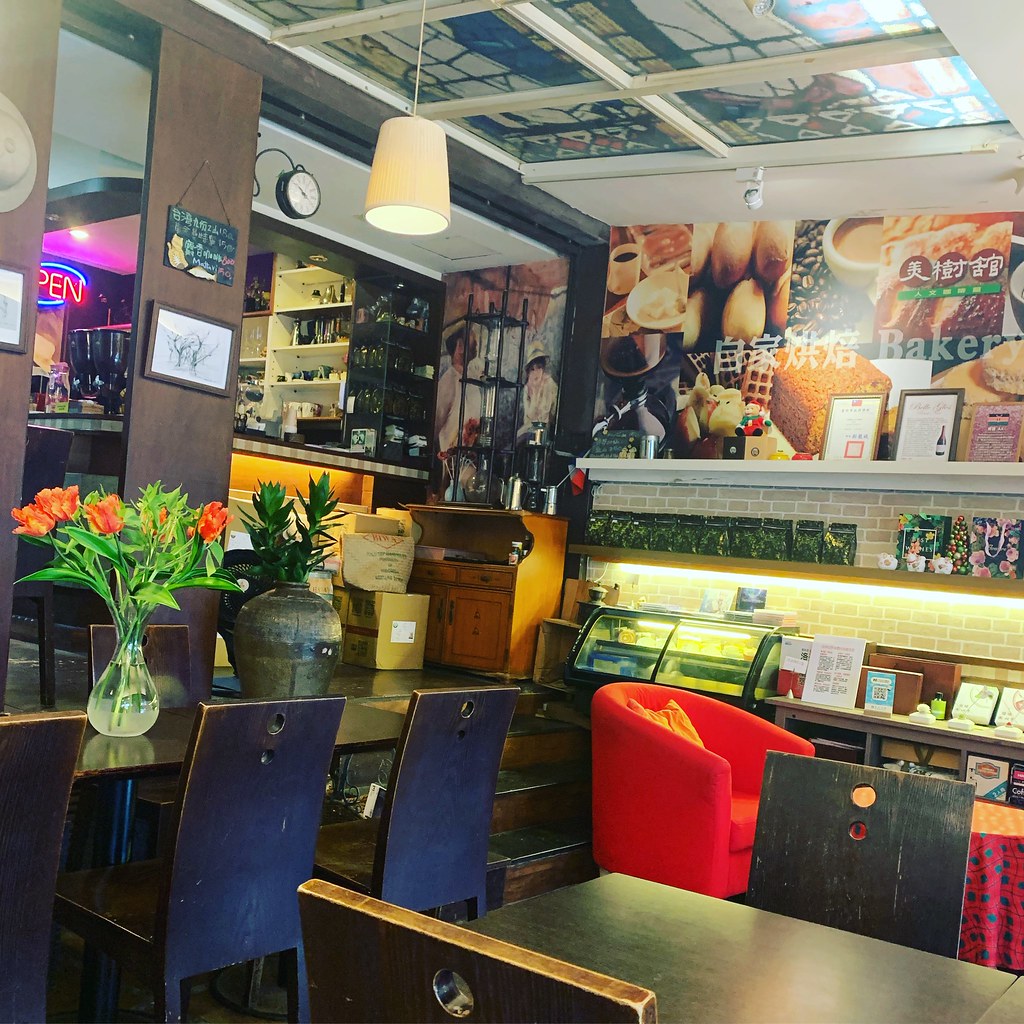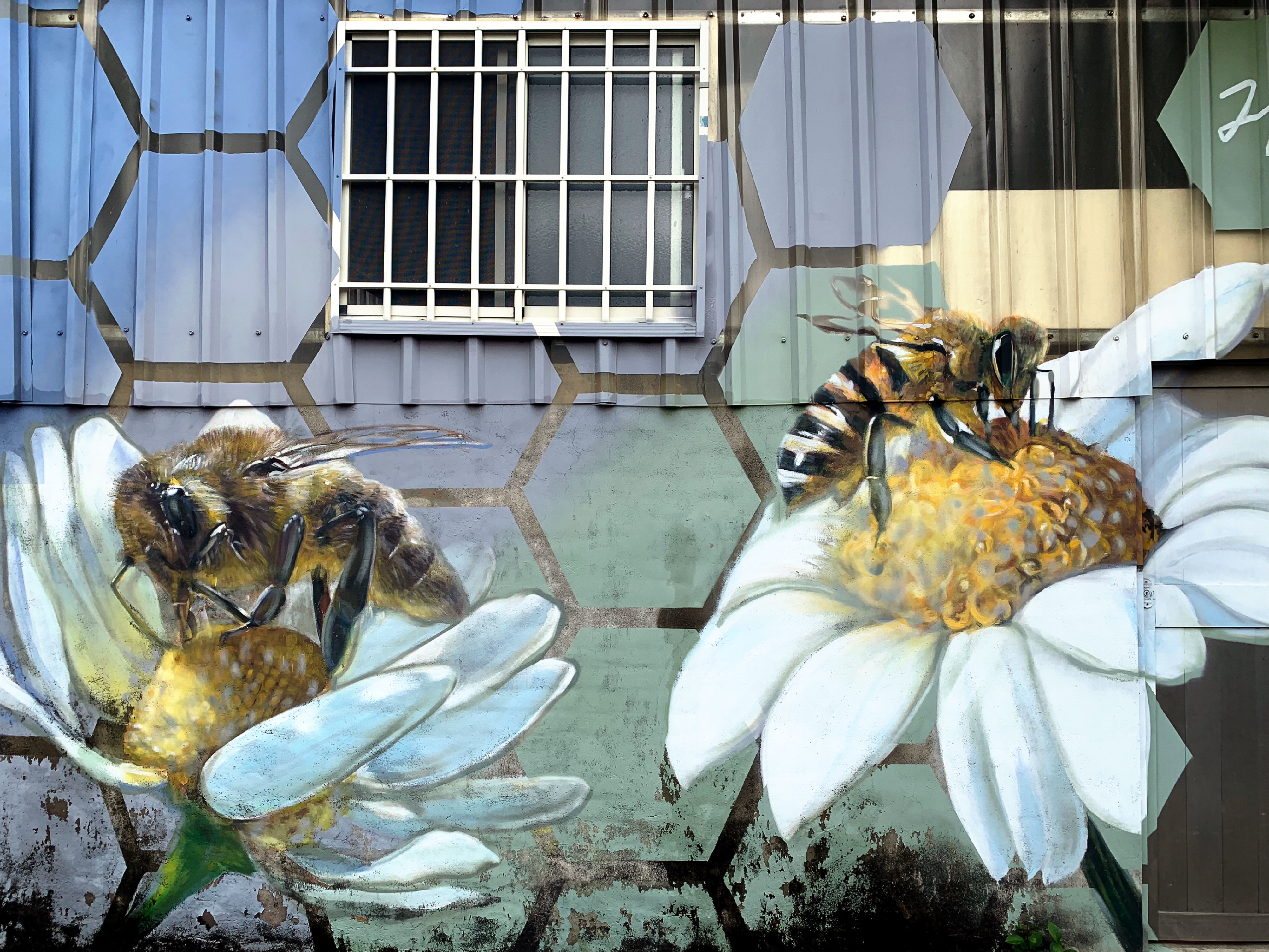
I've been taking time off blogging for a bit, because there's just too much going on in my life and I don't have energy to deal with it all and keep a blog. What's more, most of what I have to say is a big fat downer guaranteed to not help me win friends or influence anyone, so I'm waiting until I can say it more neutrally.
Then I read Pill Popping Nation in the Taipei Times this morning, and felt like popping in -- pun very much intended -- with a quick reaction.
Even here, it's going to take me awhile to get to the point. Please bear with me; I'm writing this on the fly when I don't really have the time.
I'm a chronic insomniac, and have been for as long as I can remember. Some of my childhood memories include staring at red-blaring numbers (remember those clunky fake-wood alarm clocks from the '80s?) as they ticked past midnight on a school night, feeling my cat hop onto my bed as Mom's snores in the next room grew deeper, falling half asleep until I dreamed up black snakes under my pillow and jolted me awake, or lying there as the same six bars of some song I didn't even like played over and over in my head.
Once, I wandered into the kitchen for some water and found Dad awake as well, typing away. I think we were still using real typewriters back then. Turns out staying up late to write runs in the family.
I struggled through adolescence and early adulthood. I rarely excelled at office jobs because flextime wasn't popular in the early 2000s, and the usual 9am start time was deeply incompatible with my rebellious brain chemicals. The anxiety diagnosis came in my late 30s as I was wrapping up graduate school, the ADD diagnosis on its heels. It made sense; my solid academic work was churned out despite my study habits, not because of them.
Sleeping pills worked, and they were available in Taiwan. They were prescribed by a highly-recommended psychiatrist who did take the time to talk to me, so it didn't feel like I was reaching for an easy answer. Then pandemic travel eased slightly and I visited the US in May. Turns out my Dad and I are not the only ones in the family with these issues, and I was introduced to the magic of edibles and CBD tea.
Nothing has ever worked so well as those plant-based solutions. I was anxiety-free for a month. I took no pills. I slept like a child who'd snuck a few too many sips of her parents' drinks. I even wondered if it was New York City easing all my issues. But no -- the solution was herbal all along. And no, I do not mean Chinese medicine (which I've tried to no avail.)
What does any of this have to do with Han Cheung's excellent article?
Well, I know a thing or two about being up all night, most nights, to the point that it affects your concentration and work. I know about hanging out on the couch waiting for the Lendormin to kick in, because if I try to lie in bed all I'll get is a repetitive and unwanted brain concert, six bars for each song.
Frankly, I was surprised to learn that one in five Taiwanese people share the same issues. That number does indeed seem high.
Because I take sleeping pills, I know that the fundamental point of the piece is correct: Taiwan's National Health Insurance is fantastic -- I pay next to nothing for my tiny white solutions -- but it doesn't promote holistic care. My anxiety and insomnia are probably baked in, but if I wanted to figure out what else was going on, if anything, I'd probably have to take two weeks off to see a long list of doctors to have a look at everything from my heart to my ****. There would be no general practitioner guiding me or facilitating any of it.
Not that I'm complaining -- at least it would be affordable. In the US, I'd probably just suffer and get fired a lot because I can't sleep the way a 9-5 job demands, and probably still wouldn't be able to afford adequate medical care. Now, people actually think I'm good at work!
But there's more to the story of a nation of insomniacs than "you need holistic care, not pills".
You know what this country is? Wonderful, but also overworked. Managers tend not to be particularly flexible; 9am is 9am even if they know you were working on that project until midnight, because they assigned it.
I've had accountants fall asleep in their English class because they were working 9am-2am for months straight. I know people who've gotten emails at three in the morning, and woken up to someone angry that they hadn't responded yet. Kids go to school at 7am and return from after-school school at 10pm. On the weekends they have expensive weekend school. How could one not expect those kids to grow up with severe sleep issues?
Regular business hours appear to be 9-8, or 8-10, or 7-11, or simply It Never Stops. Calling a meeting at 6pm, or handing someone an urgent assignment on Friday night (due Monday!) is so mundane that I can't even give you a specific example. They all glom together like a big goopy ball of exhaustion.
I don't think office workers take 1pm naps because of some cultural thing. Although daytime naps can mess up a sleep cycle, I think they're common in Taiwan because everyone is overworked all the time. The napping starts in school because the kids are overworked, too.
You'd think exhaustion would help one sleep better, but it does the opposite.
As for me, well, I'm freelance. I bring it on myself. I'm not tormented by bad managers. I like my work and I like money, so I say yes to everything and work out the scheduling later. But I can't deny what I see in everyone else: they signed up for a regular job and a salary, not to be tormented by garbage management after years of being tormented by taskmaster teachers handing out pointless busywork.
Truly, I love Taiwan. And yes, holistic treatment matters in reducing dependency on sleeping pills.
But the solution isn't "acupuncture", "relaxation methods" or "traditional Chinese medicine".
Those things might help, though I'm not an enthusiastic supporter of TCM.
The solution is two simple things that Taiwan is not even close to prepared to do:
The first is a comprehensive overhaul of work culture in Taiwan. Most managers probably know that they are terrible (maybe this is why they have trouble sleeping, too!) Society needs to come together to pressure them to be less so.
The second is to legalize medical marijuana, especially edibles (because smoking is bad for you, period.) At the very least, CBD needs to be made more available. It's a healthier, non-addictive alternative to Xanax and Ambien, which seem to be what most people take. In other words, the most effective herbal remedies are specifically the ones that aren't legal in Taiwan, but should be.
There's no acupuncture or breathing technique strong enough to fix the problem until we address not just the internal factors causing Taiwan's insomnia issue, but the external ones as well.

